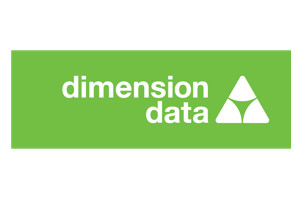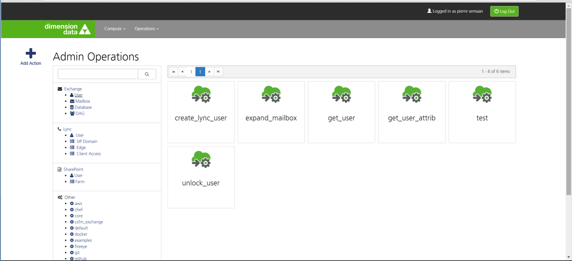IT leaders around the globe are looking to leverage DevOps practices to successfully drive Digital Transformation initiatives. Enterprise companies such as Target, Disney, and American Airlines speak of the importance of collaboration, managing/optimizing operations, addressing technical debt, the importance of open source/community and continuous learning.
Anthony Shaw, Group Director of Innovation and Technical Talent at Dimension Data has seen this first hand. Anthony not only leads innovation efforts within Dimension Data-but he also travels the world speaking with customers about their business priorities, their Digital Transformation goals, and how the innovative use of technology, organizational structure, and day to day operational practices can accelerate their Digital Transformation journey.
By leveraging the power of the StackStorm platform, Anthony has led the charge in identifying creative ways to address these key challenges and accelerating Digital Transformation for both DiData and their customers.
Dimension Data uses StackStorm to:
- Run the automation of complex infrastructure for government projects, using Microsoft Exchange, Skype for Business and SharePoint. StackStorm replaced a number of legacy orchestration platforms DiData had in place, including System Center Orchestrator.
- Build integrations to the DiData Cloud platform so that DiData and their customers can fully automate the infrastructure and the operations of their applications.
Anthony’s team built a pack for the Dimension Data Cloud and have used it for a number of clients to automate networking, server deployment, operating system configuration. They also automate security assessments and scans by configuring triggers in StackStorm to respond to changes in environments and using packs like Qualys to test the security exposure of applications.
With the Dimension Data pack, they have actions for all Dimension Data Cloud functions, such as create VM, create VLAN, start/stop server, add ACL rules.
They also have triggers for events like “server stopped”, “new server”, “new VLAN”.
This allows DiData customers to:
- Create rules to automate tasks based on events that have happened in the cloud
- Connect external events to actions in the MCP like a monitoring tool, an SMS or email
- Create workflows that build environments in the cloud, using popular devops tools like Chef and Puppet.
DiData built an internal dashboard for their operations staff to configure and operate their Microsoft applications for 50,000+ end users per-client.
DiData Internal Dashboard
“To really get the most value out of DevOps, you should not just be thinking about how to deploy the application, but also be thinking about how to optimize the application beyond deployment. Being able to give the operations teams tools to diagnose issues, remediate issues, identify and respond to day to day events in real time- that's where DevOps can be really powerful and that's where we've leveraged a lot of the technology in StackStorm.”
“I think the moment we realized the power of StackStorm was when we were looking at all the problems event driven automaton could address – and we realized how powerful it could be to bring all of our different tools and systems together. Because StackStorm already comes with so many integration points, we can leverage StackStorm as the glue between alot of our newer DevOps and automation tools, as well as our more traditional OSS and BSS tools.”
“One of the examples we look at with Day 2 automation is actually being able to respond to security incidents. As an example, we have an automation script with StackStorm that says whenever a new server is deployed in the cloud, we can actually go and run a security audit of that environment. That allows our security teams to be a lot more responsive. So instead of running a scan let's say once a day or once a week, actually we can respond immediately to any changes in the infrastructure. Then the workflow will actually go and notify the appropriate teams as well. Really it's kind of looking at event driven automation as not just something focused on development practices or application deployments, but actually impacts teams like the security team, information security, storage and networking.”
Anthony Shaw
Dimension Data
RESOURCES
Anthony Shaw
Group Director, Innovation & Technical Talent, Dimension Data
@anthonypshaw in the StackStorm Slack community




